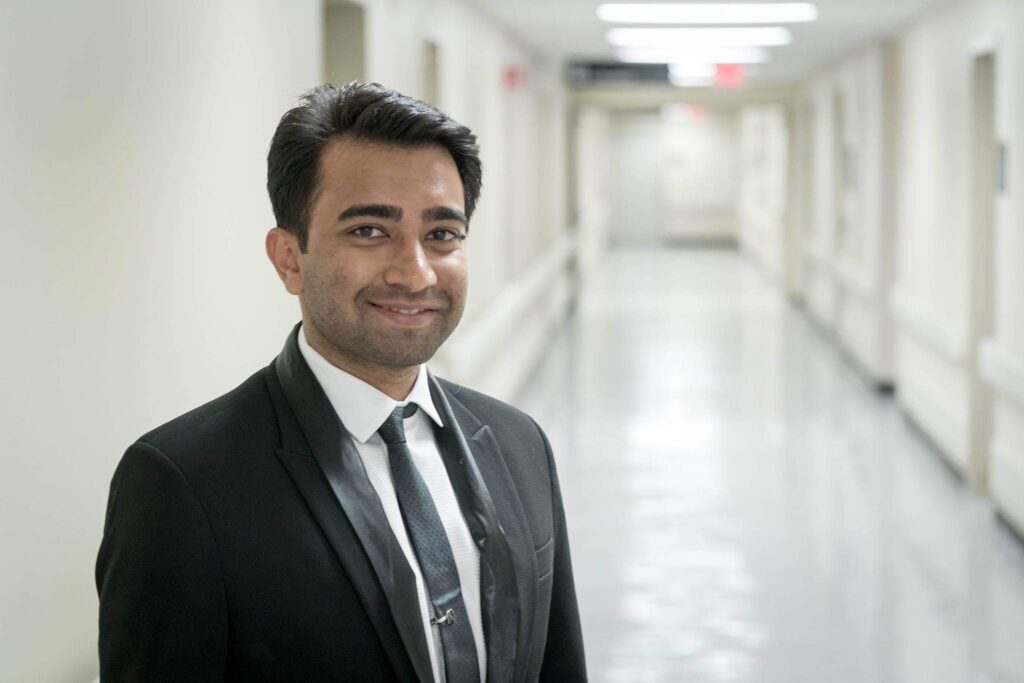 Many people associate the Hippocratic Oath of “doing no harm” with the field of medicine, but we make an additional oath to our patients—we treat them as we would our own family. This may seem like a huge responsibility, but it’s something we embrace the moment a patient checks into our clinic. In practice, this means listening intently, not only to uncover vital medical information but also to treat each person with dignity and respect.
Many people associate the Hippocratic Oath of “doing no harm” with the field of medicine, but we make an additional oath to our patients—we treat them as we would our own family. This may seem like a huge responsibility, but it’s something we embrace the moment a patient checks into our clinic. In practice, this means listening intently, not only to uncover vital medical information but also to treat each person with dignity and respect.
Although there are many debilitating ailments, those that affect the brain are especially challenging because many mysteries remain. These complexities impact the precision of diagnoses and the effectiveness of treatment, making the relationship between patient and neurologist much more long-term and collaborative. I don’t simple impose my will onto a patient in a cookie-cutter way: it’s a team effort.
I find it especially empowering to work on cases—seizures, epilepsy, Parkinson’s disease—where I can make a profound impact on a patient’s quality of life. To watch Parkinson’s patients regain their ability to walk, speak, and feed themselves represents why I became a neurologist. Our clinic also treats headaches and migraines, back and neck pain, pinched nerves, carpal tunnel syndrome, vertigo, multiple sclerosis, and so forth.
We’re witnessing a great expansion in neurology treatment options, and this technological flourish will continue to drive change and hope. For example, I recently treated a patient who suffered from tremors for over 40 years. Upon receiving a Deep Brain Stimulation (DBS) implant, her tremors instantly subsided. Indeed, there are quantum leaps of progress just on the horizon, and I remain evermore optimistic about the increasing numbers of people that our clinic can help.
